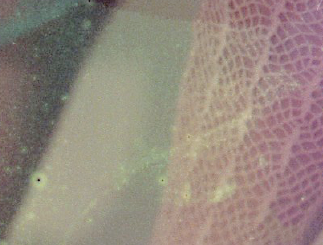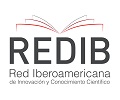The child of dogs: melancholy traits in some of Ortiz’s writings
DOI:
https://doi.org/10.14409/eltaco.2022.16.e0082Keywords:
Ortiz, childhood, animality, communication, melancholyAbstract
This article proposes a close reading of some texts by Juan L. Ortiz, referring to the encounter with a domestic animal. We start from a poem from his last years, which has the formal complexity of that stage, where an episode starring a child and a dog is narrated. The possibility of deciphering its meaning opens with the confrontation of previous texts: a poem from decades ago, very simple in its structure; and then some prose stories, apparently more autobiographical, that pose an intimate effect and a glimpse of anguish that would become recurring from the poet’s retrospective gaze. A theoretical basis with regard to the reading of the author’s poems and prose is a reference to Freud, whose observations on the events of childhood and the role of certain animals in childhood narratives propose the possibility that such encounters, real or not, assume a form of communication. In Ortiz’s poetry, for example, the animal cannot be distinguished from the position of a subject or agent. The story of that differentiation would be the background to the episode of his long poem, his tragic side.
References
Freud, S. (1979). Obras completas, XVI. Amorrortu.
Ortiz, J.L. (2020). Obra completa. 2 volúmenes. Ediciones UNL/EDUNER.





















